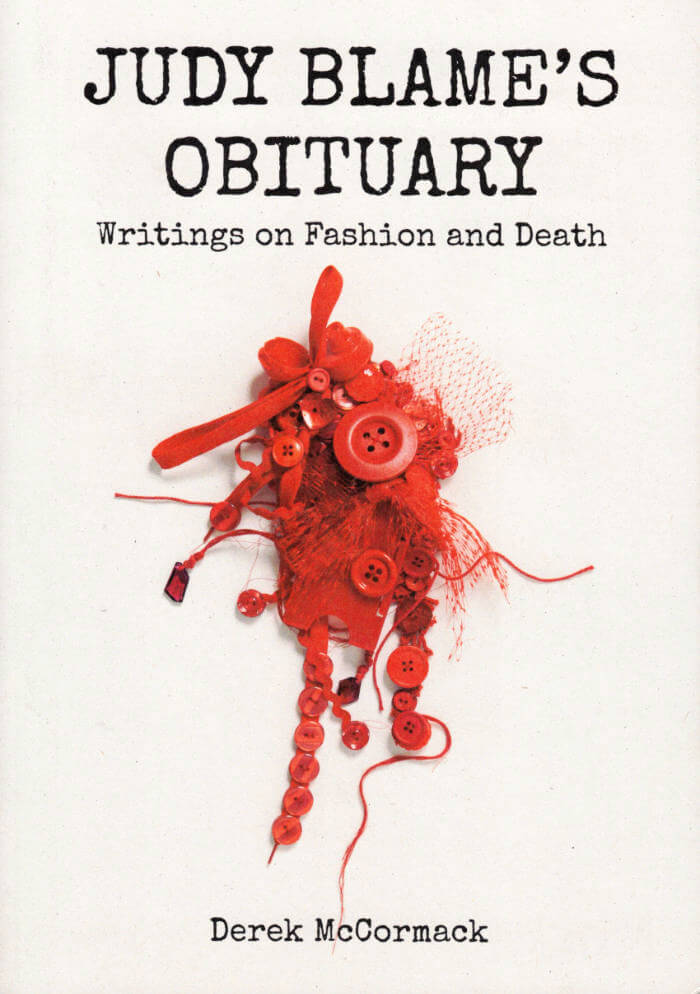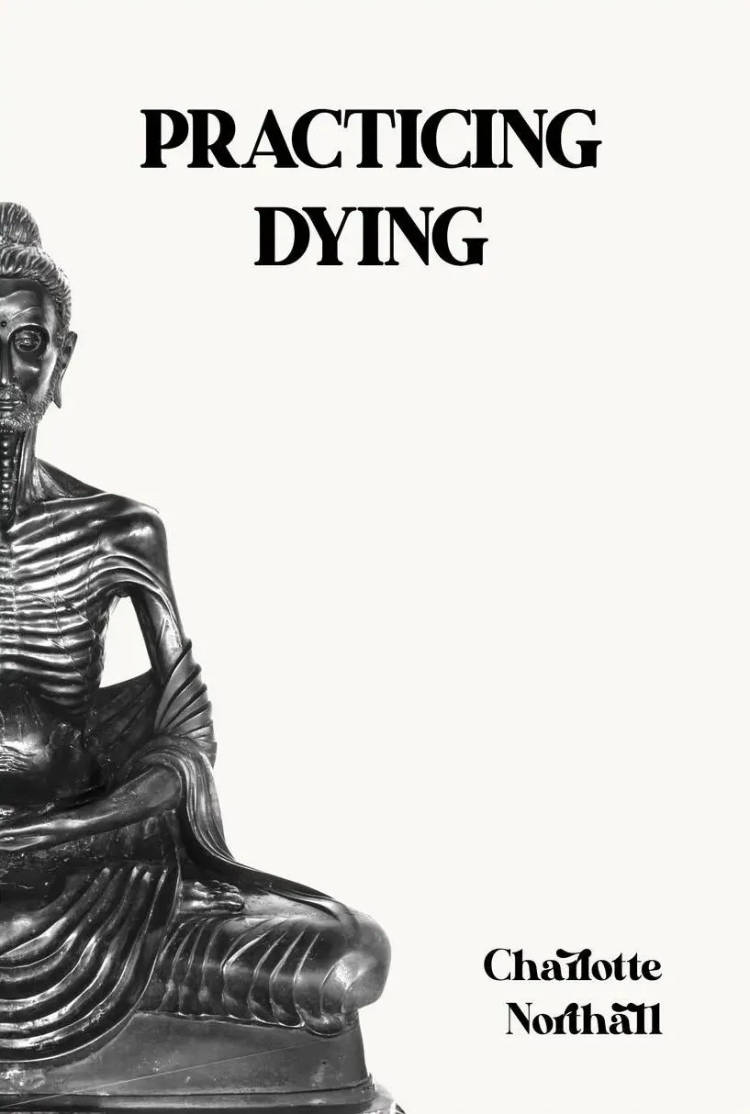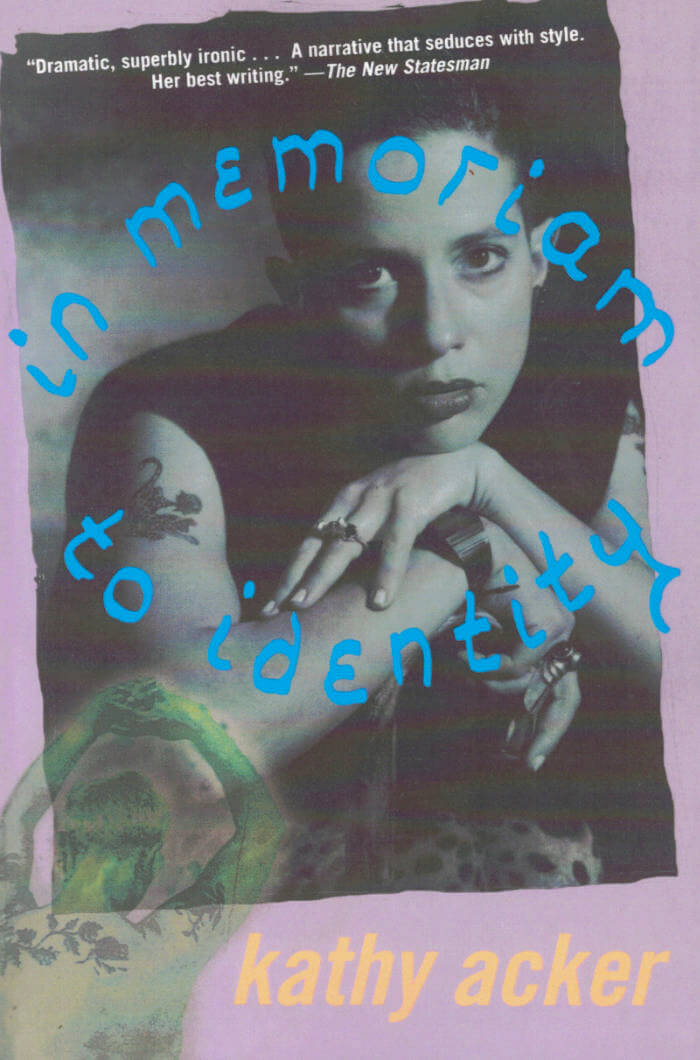
Judy Blame’s Obituary: Writings on Fashion and Death
Derek McCormack is the author of fashion-inflected novels that cast luminaries such as Elsa Schiaparelli and Balenciaga as characters. This collection brings together for the first time McCormack's fashion journalism. He writes about and interviews fashion figures that fascinate him, tracing the ways they inspire and inhabit his novels. The result is a sort of memoir in essays: as he writes, "My tribute to [Judy] Blame is about him and about me—there are lots of my own tales woven in with the topics I touch on. The writing here is a sort of autobiography, a life seen through a scrim, or a life as a scrim—my moire mémoire."
Judy Blame's Obituary contains twenty years' worth of reminiscences, reviews of fashion shows and books, interviews with writers about fashion, and interviews with fashion designers about writing. He talks to Nicolas Ghesquière about perfume, and to Edmund White about which perfume he wore as a young fag in New York City. He inspects the clothes that Kathy Acker left behind when she died, and he summons the spirit of Margiela in a literary seance. He traces the history of sequins, then recounts the cursed story of Vera West, the costume designer who dressed the Bride of Frankenstein. These pieces were all previously published, some in Artforum, some in The Believer, and some in underground publications like Werewolf Express—what binds them together is a sense that though fashion victimizes us, this victimization is sometimes a sort of salvation.
Derek McCormack is a Canadian writer. His most recent novels are The Well-Dressed Wound and Castle Faggot, both published by Semiotext(e). Of Castle Faggot, Dennis Cooper said: "It is really just one of the best books ever, and maybe the greatest novel ever written.
Praise for Judy Blame's Obituary:
'Derek McCormack, Canada's most famous author as yet unsullied by Nobel Prize or television adaptation, hides in plain sight as a fashion journalist. Parallel to his writing incantatory, scatalogical fiction, he has reviewed collections and interviewed the great and good of la mode. His divagations are often darkly hilarious and always exquisitely tailored. The sublime and the ridiculous coexist in his prose, as they do in life. Fashion victims, ignore his insights at your peril.' — William E. Jones
Published by Pilot Press, 20 × 15 cm, Softcover, 2021







